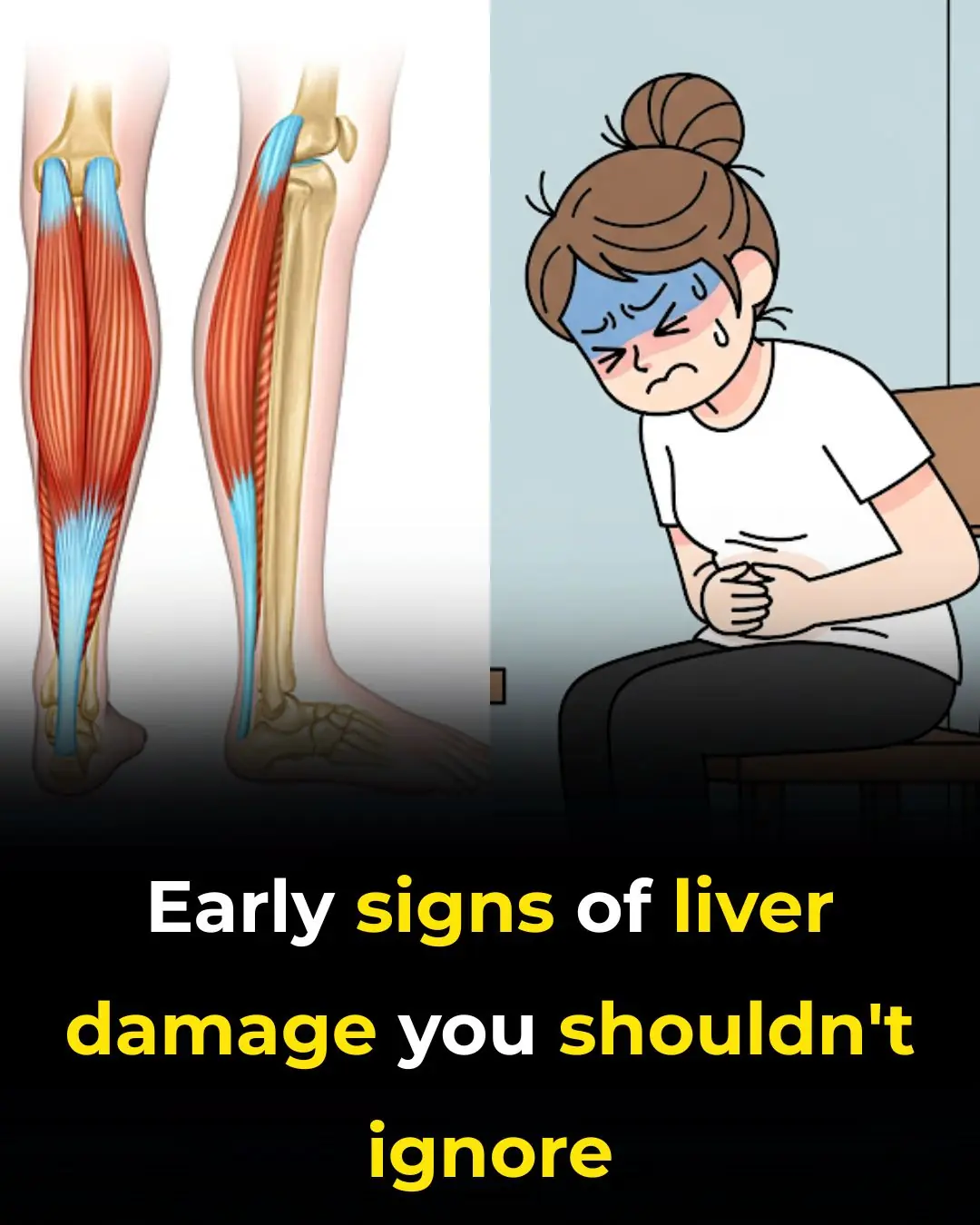
Not Many People Know the Early Warning Signs That Cancer Is Growing in Your Body
Cancer remains one of the most feared diseases in the world, not only because of its severity but also due to its often silent progression. While advancements in medical science have improved cancer detection and treatment, early diagnosis remains the most crucial factor in increasing survival rates. Unfortunately, not many people recognize the early warning signs that cancer may be developing in their body. Raising awareness about these subtle yet significant symptoms can save lives.
One of the reasons why early detection is difficult is because many symptoms of cancer can be mistaken for common, less serious conditions. People often ignore or dismiss persistent fatigue, minor pains, or slight changes in their bodies, believing these signs are just a result of stress, aging, or an infection. However, paying attention to changes and seeking medical advice when symptoms persist can be life-saving.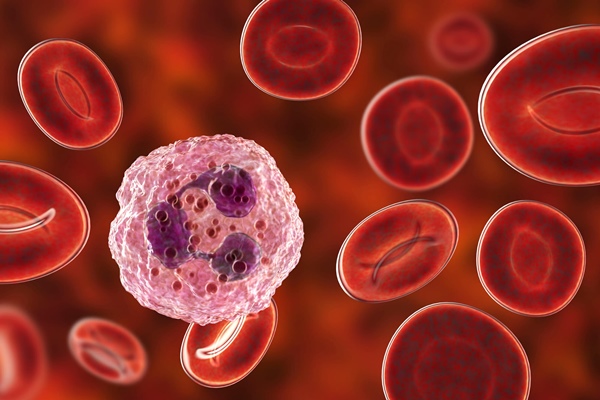
One of the most common early warning signs is unexplained weight loss. While losing a few pounds might seem like a positive change, sudden and unexplained weight loss without a change in diet or exercise could be an early indication of cancers such as stomach, lung, or pancreatic cancer. Cancer cells use a large amount of the body’s energy, which can lead to dramatic weight loss.
Another important symptom is persistent fatigue. Unlike regular tiredness, cancer-related fatigue does not improve with rest and can interfere with daily activities. It is often seen in leukemia, colon, or stomach cancer. Persistent fatigue should not be ignored, especially if it’s accompanied by other symptoms like pain or changes in skin color.
Changes in the skin can also be a red flag. While skin cancer is the most obvious concern, other types of cancer can also cause skin symptoms, such as darkening (hyperpigmentation), yellowing (jaundice), or redness. New growths or changes in existing moles should always be examined by a healthcare provider.
Persistent pain in a specific area of the body can be an early sign of cancer as well. For instance, a persistent headache may indicate a brain tumor, while back pain could be linked to colon or ovarian cancer. Although pain is a common symptom for many non-cancerous conditions, pain that doesn’t go away should not be overlooked.
Unusual bleeding or discharge is another critical symptom. Coughing up blood, blood in the stool or urine, or abnormal vaginal bleeding could all be warning signs of different types of cancer, including lung, colon, bladder, or cervical cancer.
Additionally, lumps or thickening under the skin—especially in the breast, testicles, or lymph nodes—can indicate tumors. Even if they are not painful, any new lumps should be examined by a doctor immediately.
While these signs do not always mean cancer, their persistence should never be ignored. The key to effective treatment lies in early detection. Sadly, many people are unaware of these early symptoms or are afraid to seek medical attention due to fear or denial.
Public health education and routine screenings play an essential role in reducing cancer-related deaths. Encouraging regular check-ups, self-examinations, and being proactive about health can make a tremendous difference. Moreover, healthcare providers should emphasize the importance of recognizing early symptoms during consultations with patients.
In conclusion, cancer does not always make a dramatic entrance. It often begins silently, showing subtle signs that something is wrong. By educating ourselves and others about the early warning signs of cancer, we can increase the chances of early diagnosis and successful treatment. Awareness is the first step toward prevention and survival. If you notice any unusual, persistent symptoms, don’t wait—speak to a medical professional. Early action can save your life.
News in the same category

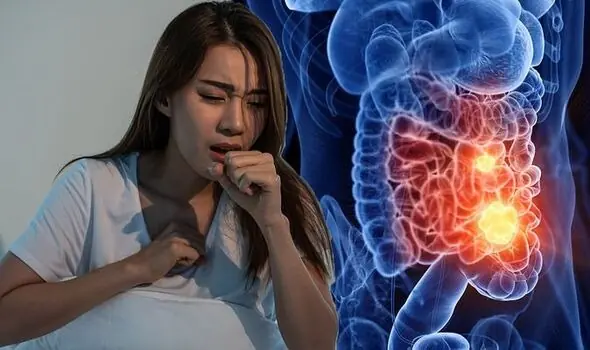
10 Hidden Warning Signs of Bowel Cancer You Shouldn't Ignore
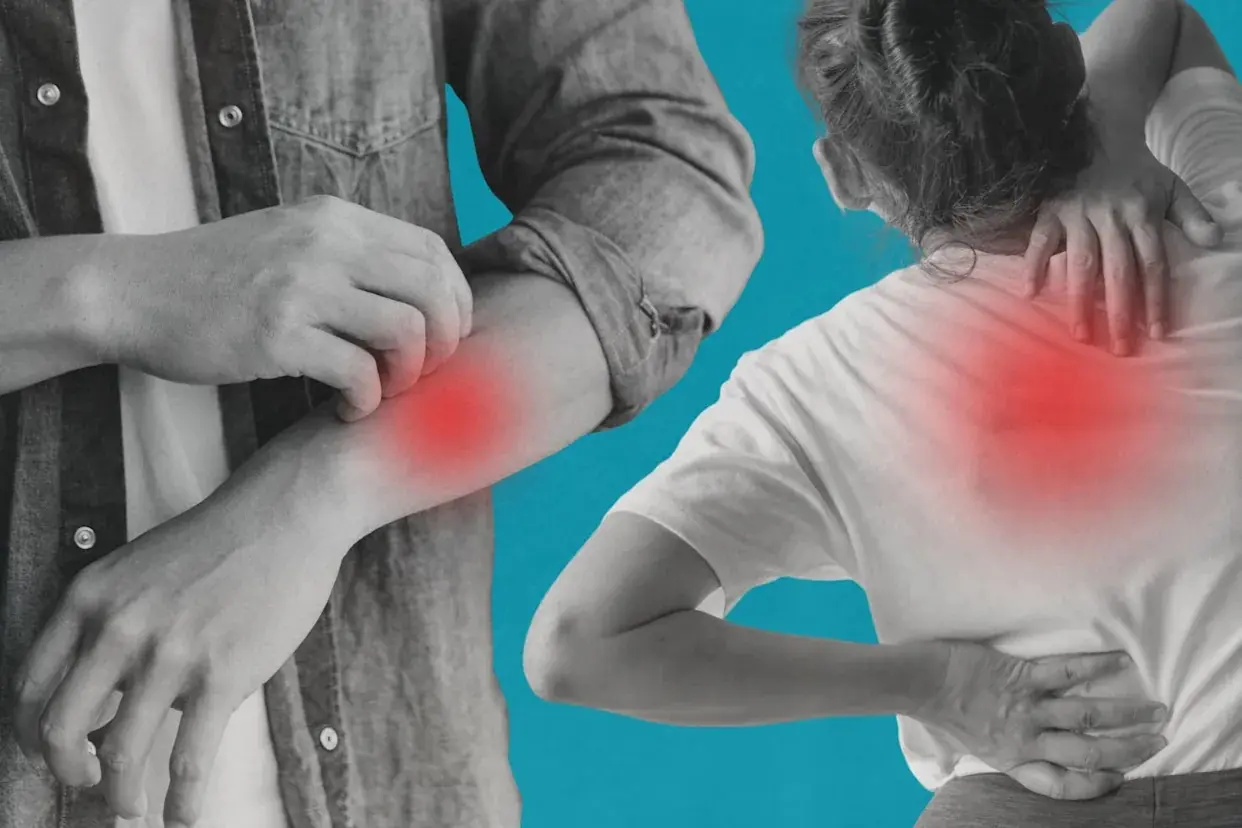
Doctors Warning: 5 Types of Pain You Should Never Ignore!

Here’s What Your Stool Can Tell You About Your Health
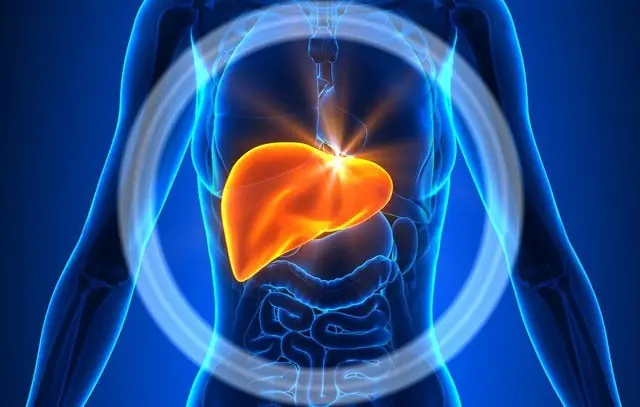
10 Warning Signs Your Liver is Overloaded with Toxins – Don’t Ignore These!
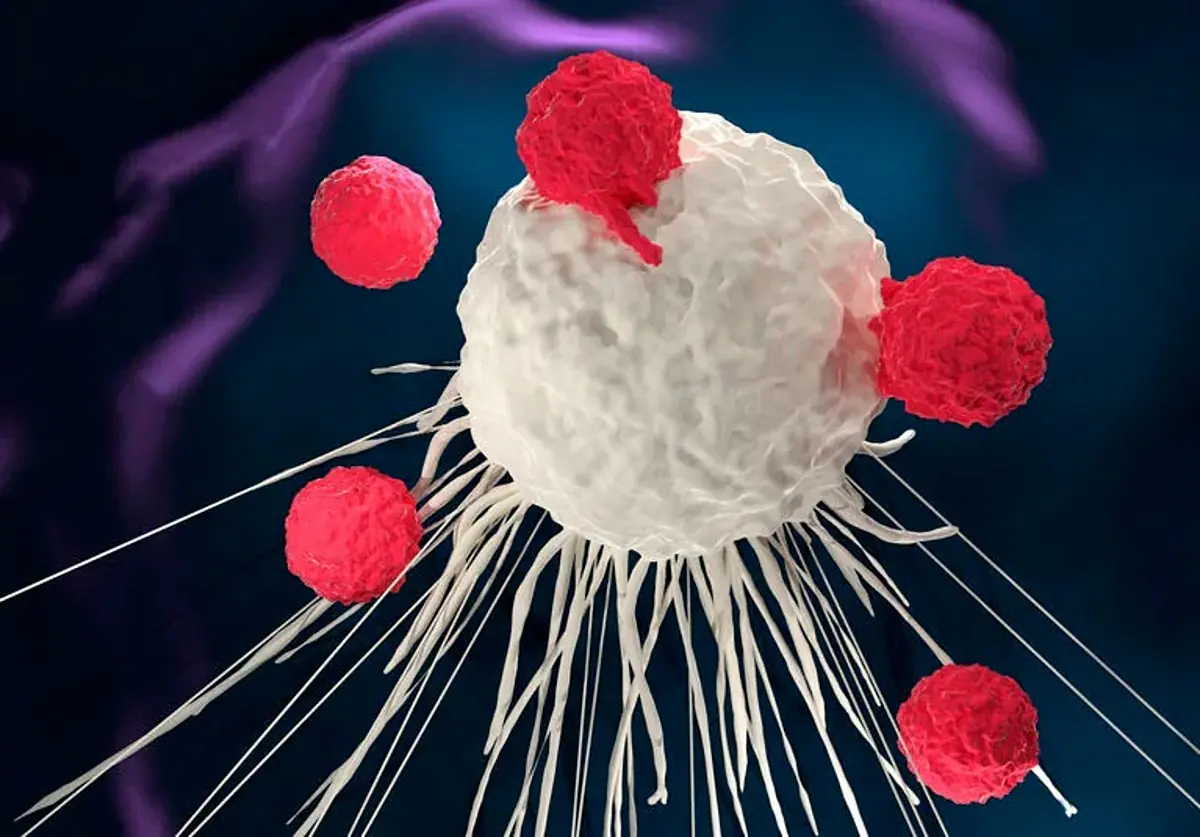
Do I Have Prostate Cancer? 12 Early Symptoms Men Should Never Ignore
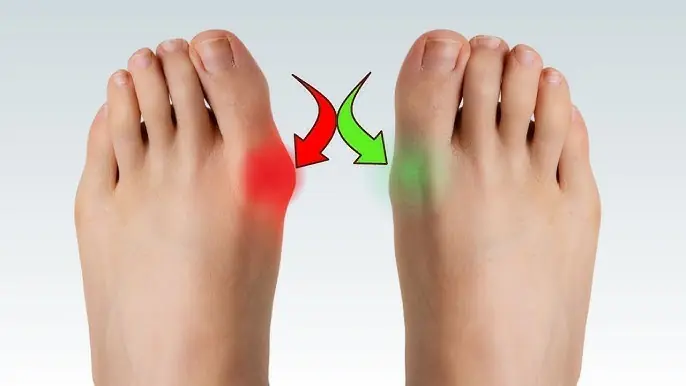
Reverse Bunion Pain with These Simple Home Remedies

Unexplained Bruising on Your Body: Causes and Treatments

10 Simple Ways to Help Your Body Detoxify and Cleanse Itself
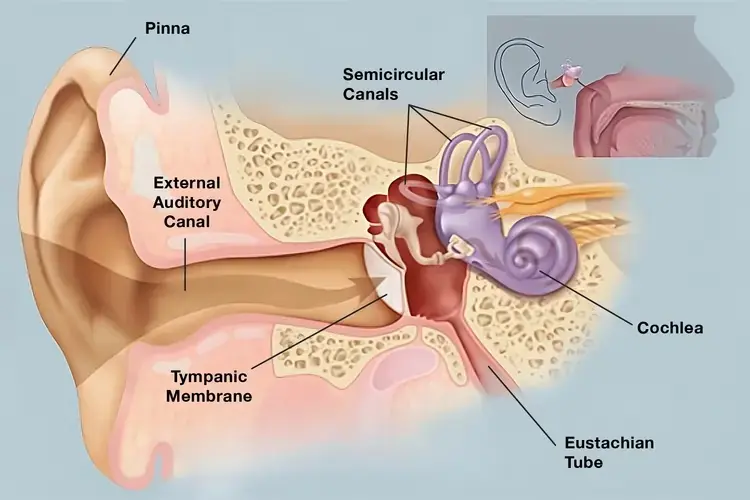
Cure Ear Infections Faster with These Effective Natural Remedies
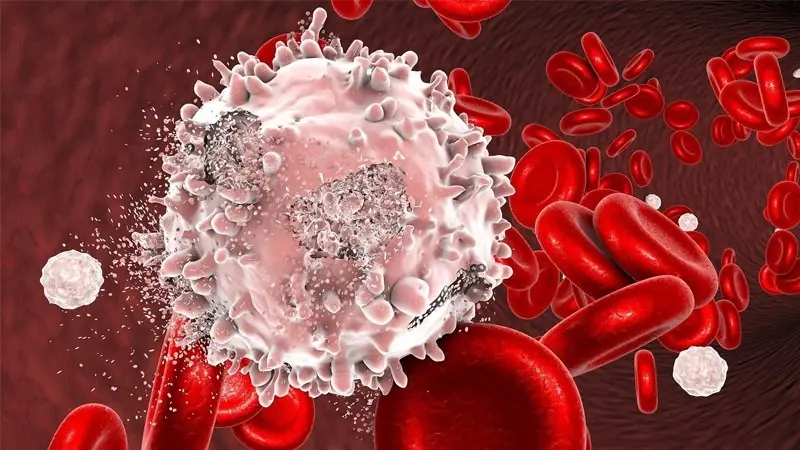
Scientists Explain How Water Fasting Can Trigger Stem Cell Regeneration, Fight Cancer, and Protect the Heart – Here’s What You Need to Know
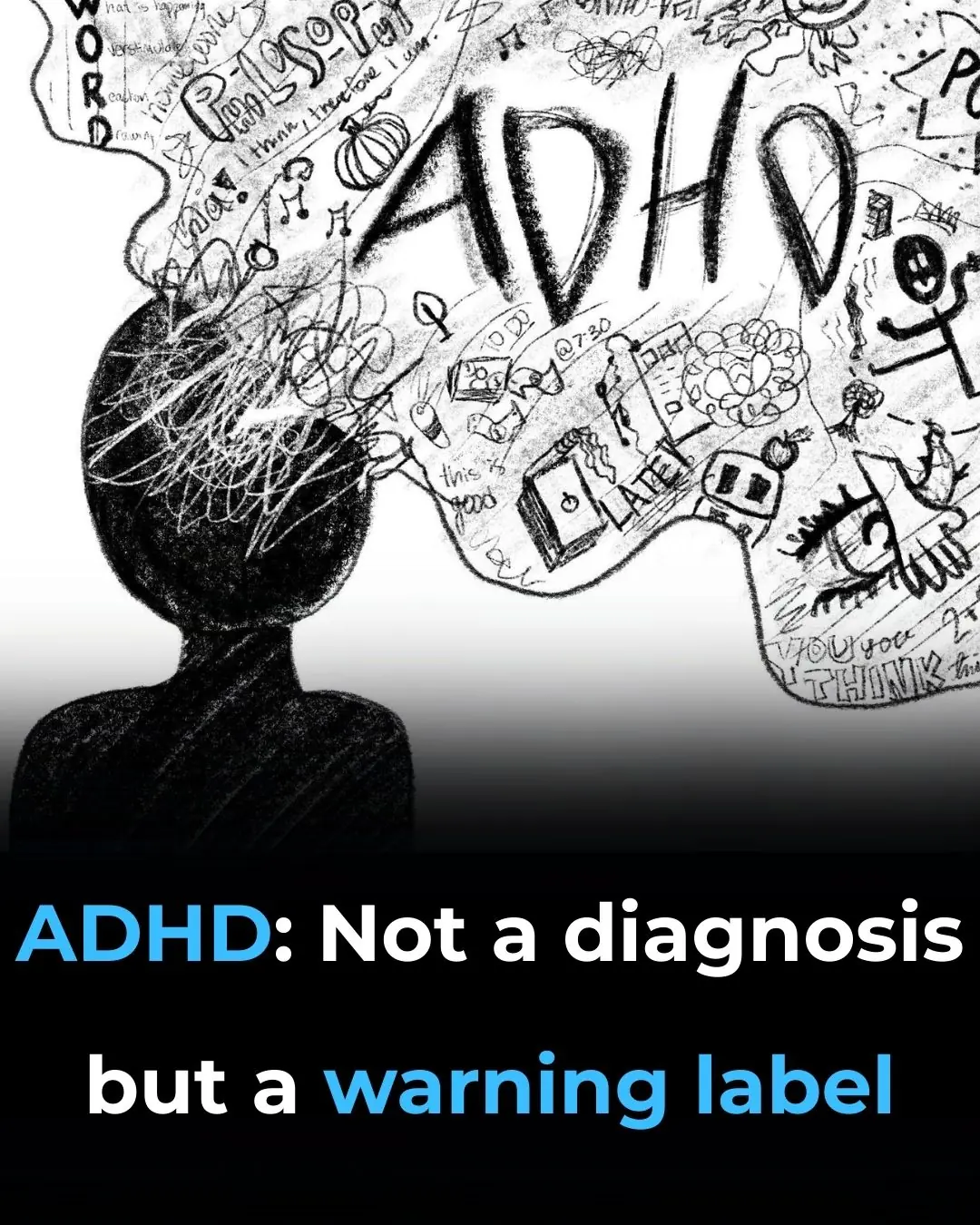
ADHD: Not a Diagnosis but a Warning Label
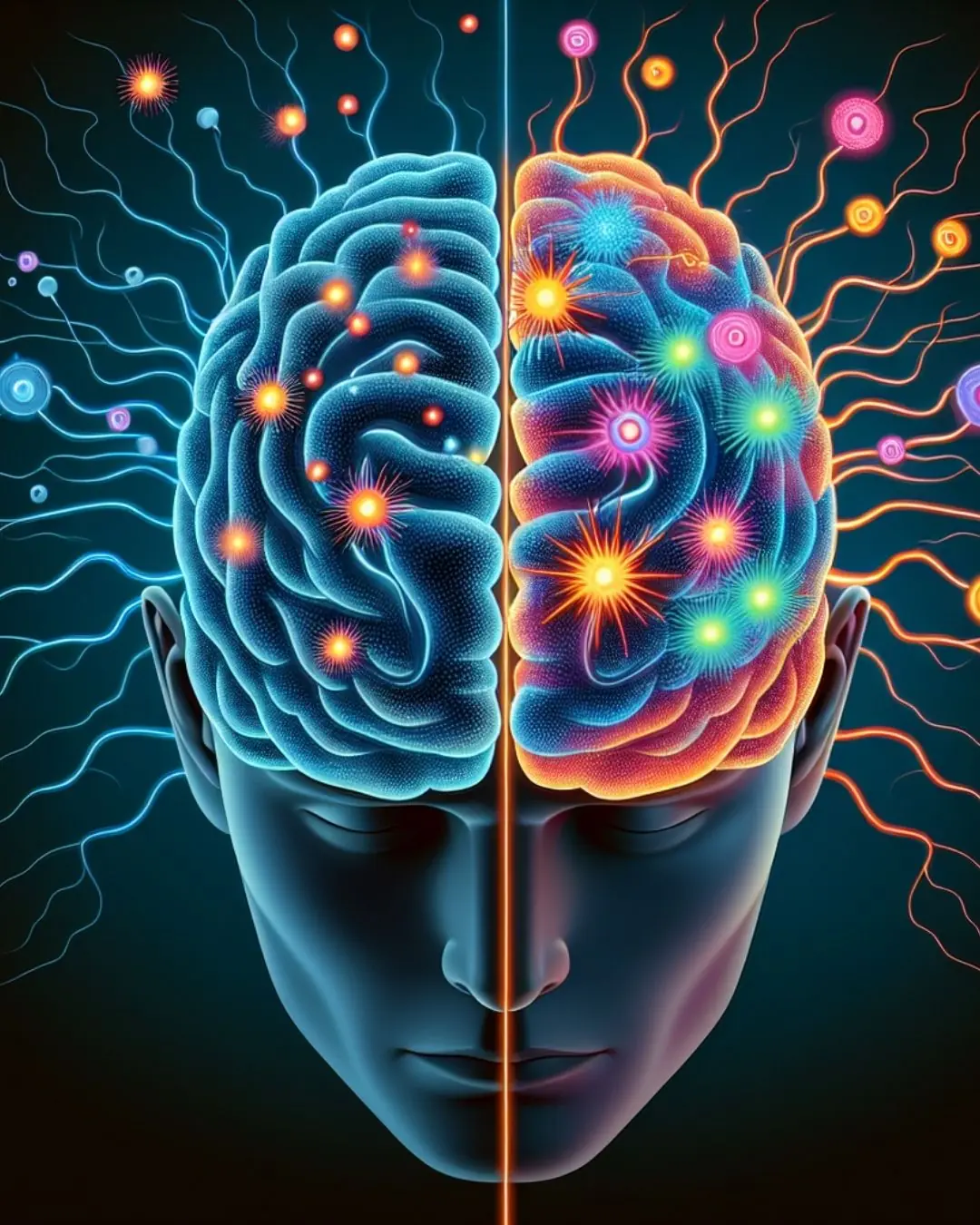
Integrating Brain Health Into the Clinic: An Assessment of Practice Patterns
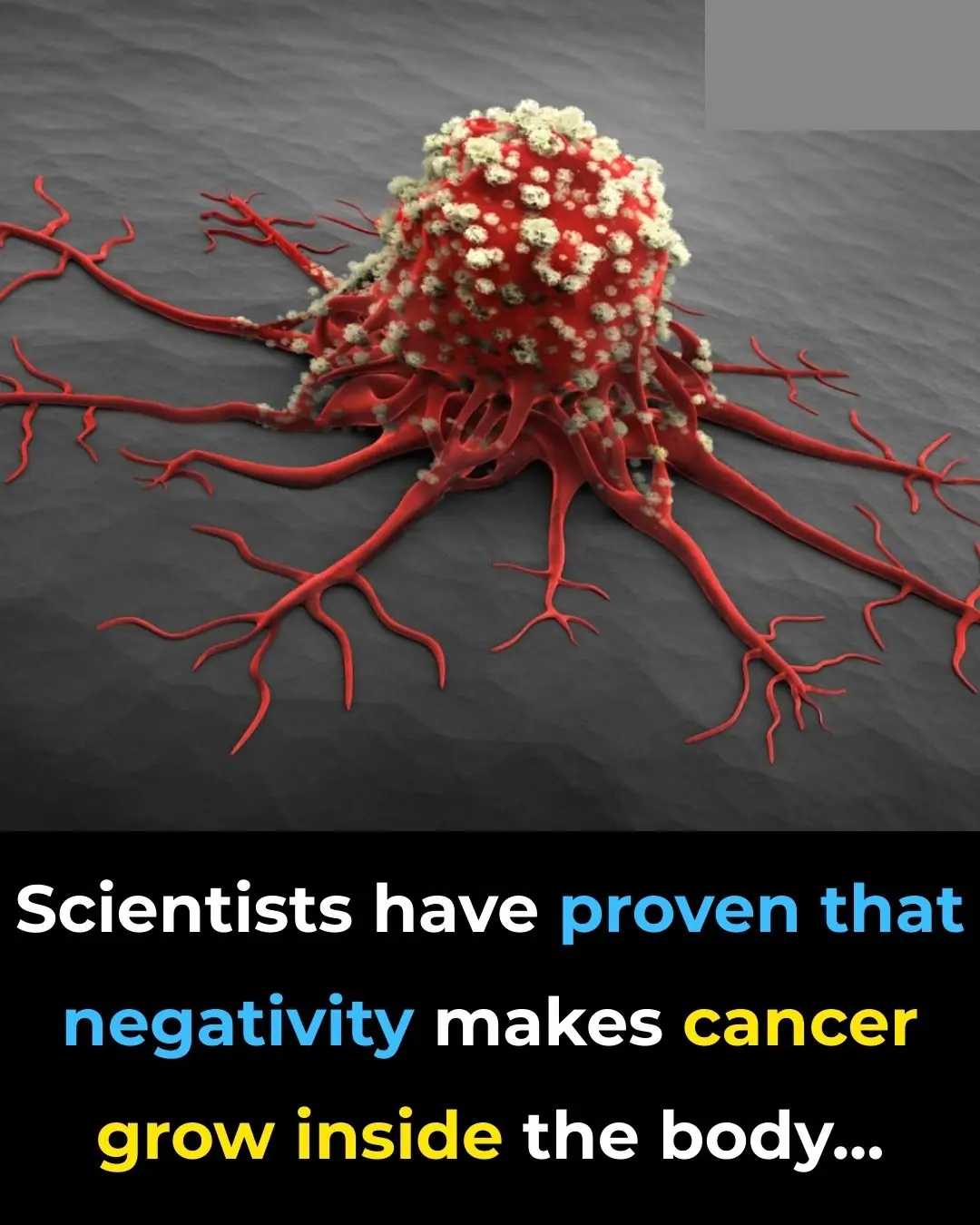
Scientists Have Proven That Negativity Makes Cancer Grow Inside The Body

17 Worst Foods for Diabetics
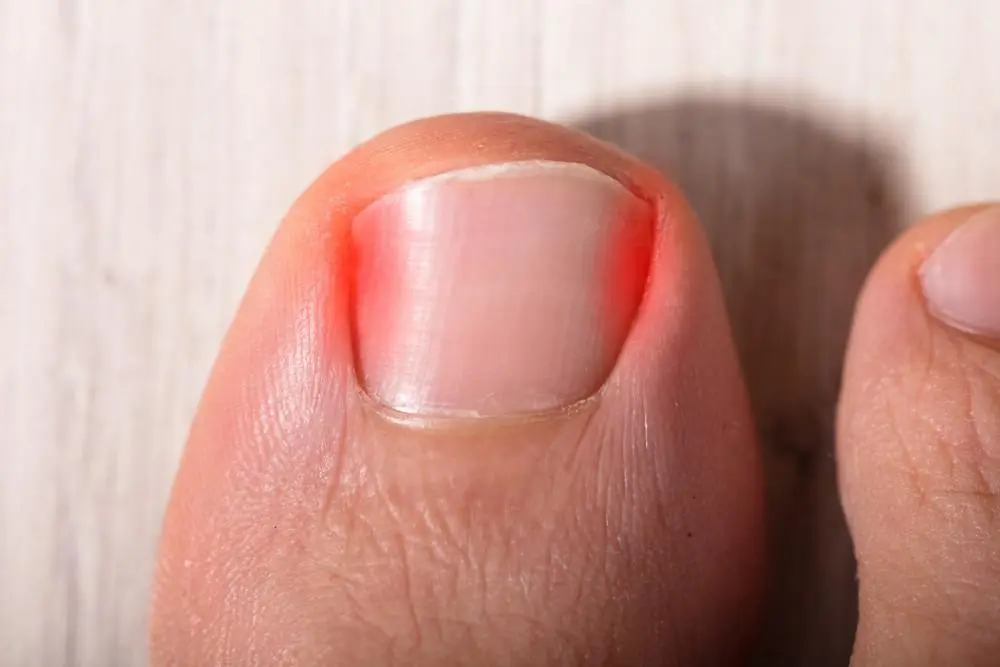
Home Remedies to Get Rid Of Ingrown Toenails (Onychocryptosis)

Molasses 101: Types, Proven Benefits, Uses and More

How & Why You Need to Freeze Lemons (Detailed Instructions)
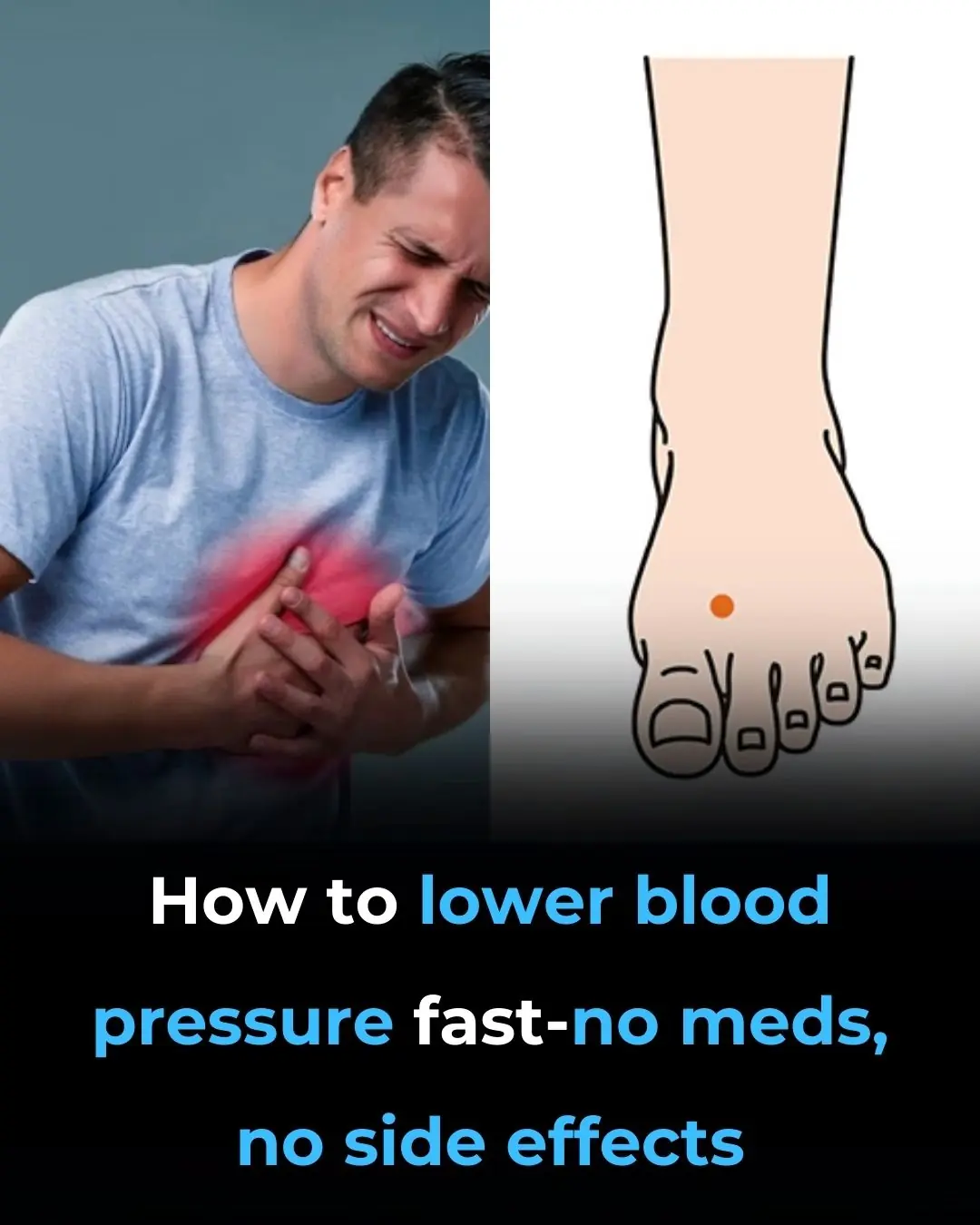
How to Lower High Blood Pressure Quickly Without Medications (Evidence Based)
News Post

Early Signs of Liver Damage & How to Strengthen Your Liver

10 Hidden Warning Signs of Bowel Cancer You Shouldn't Ignore

Doctors Warning: 5 Types of Pain You Should Never Ignore!

Here’s What Your Stool Can Tell You About Your Health

10 Warning Signs Your Liver is Overloaded with Toxins – Don’t Ignore These!

Do I Have Prostate Cancer? 12 Early Symptoms Men Should Never Ignore

Reverse Bunion Pain with These Simple Home Remedies

Unexplained Bruising on Your Body: Causes and Treatments

10 Simple Ways to Help Your Body Detoxify and Cleanse Itself

Cure Ear Infections Faster with These Effective Natural Remedies

Scientists Explain How Water Fasting Can Trigger Stem Cell Regeneration, Fight Cancer, and Protect the Heart – Here’s What You Need to Know

Can You Find the Hidden Pipe? Only 2% Can!

Nadya Suleman, The Supermom Who Gave Birth to Octuplets

ADHD: Not a Diagnosis but a Warning Label

Integrating Brain Health Into the Clinic: An Assessment of Practice Patterns

Scientists Have Proven That Negativity Makes Cancer Grow Inside The Body

17 Worst Foods for Diabetics

Fenugreek Oil for Hair Growth: Unlock Thicker, Healthier Hair Naturally
